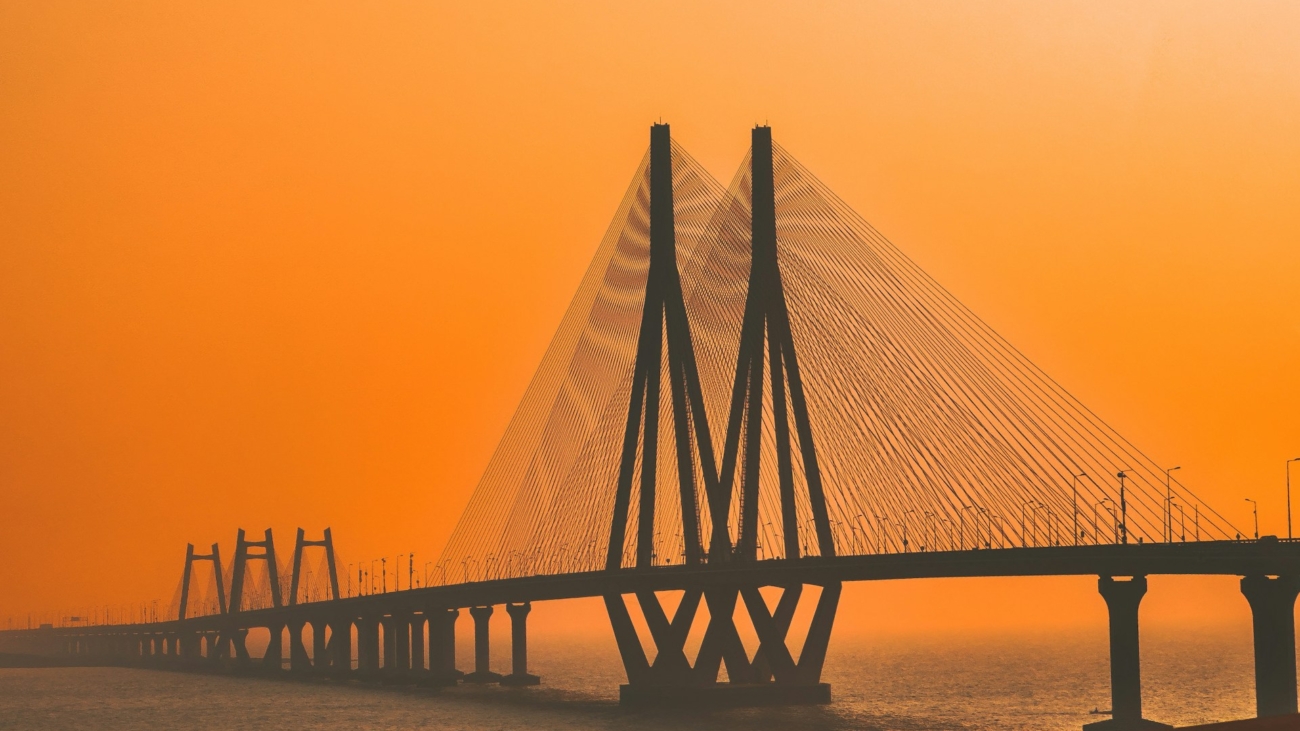Urban transport in India is undergoing a significant transformation with the adoption of smart mobility solutions. As cities like Bangalore and Delhi grapple with increasing traffic congestion and pollution, innovative technologies are providing sustainable alternatives to traditional modes of transportation. These smart mobility solutions encompass a range of advancements, from electric vehicles (EVs) and ride-sharing apps to smart parking systems and integrated public transport networks.
The move towards smart mobility is not just about technology but also about enhancing the quality of urban life. By leveraging these advancements, Indian cities aim to create more efficient, eco-friendly, and user-centric transport systems. This article explores five key smart mobility solutions transforming urban transport in India, highlighting their impact on reducing traffic congestion and pollution.
Electric Vehicles (EVs) as a Catalyst for Sustainable Urban Transport
Electric vehicles are rapidly gaining traction in Indian cities as a sustainable alternative to traditional petrol and diesel vehicles. The Indian government has been proactive in promoting EV adoption through various incentives, such as subsidies, tax benefits, and the development of charging infrastructure. Cities like Bangalore and Delhi are at the forefront of this transition, with increasing numbers of EVs on the road and public charging stations becoming more commonplace.
The environmental impact of electric vehicles is significant, as they produce zero tailpipe emissions, thus helping to reduce urban air pollution. Additionally, the shift to EVs contributes to decreasing dependence on fossil fuels, promoting energy security and sustainability. As more people and businesses embrace electric mobility, Indian cities are likely to see a marked improvement in air quality and a reduction in their carbon footprint.
The Rise of Ride-Sharing Apps: Revolutionizing Urban Commuting in India
Ride-sharing apps such as Ola and Uber have revolutionized urban commuting in Indian cities, offering a convenient and cost-effective alternative to traditional taxi services and private car ownership. These platforms leverage technology to match passengers with nearby drivers, optimizing routes and reducing wait times. The widespread use of ride-sharing services in cities like Bangalore and Delhi has significantly contributed to reducing the number of vehicles on the road.
By encouraging carpooling and shared rides, these apps help to alleviate traffic congestion and lower emissions. Ride-sharing also promotes a shift in urban mobility habits, making it easier for residents to forego owning a private vehicle. This change not only benefits the environment but also reduces the demand for parking spaces, easing the strain on urban infrastructure.
Smart Parking Solutions: Easing Urban Traffic Congestion in Indian Cities
Smart parking solutions are emerging as a crucial component of urban transport management, addressing the perennial problem of parking scarcity in densely populated cities. These solutions include real-time parking availability apps and automated parking systems that guide drivers to vacant spots, reducing the time spent searching for parking. In cities like Delhi and Bangalore, smart parking initiatives are helping to streamline traffic flow and improve the overall urban driving experience.
By efficiently managing parking spaces, smart parking solutions also help to reduce traffic congestion caused by drivers circling around in search of a spot. This not only saves time and fuel but also lowers vehicular emissions, contributing to better air quality. The adoption of these technologies reflects a broader trend towards smart city initiatives aimed at enhancing urban living through intelligent infrastructure.
Integrated Public Transport Systems: Enhancing Connectivity in Indian Metropolises
Integrated public transport systems are essential for creating a seamless urban mobility experience, combining various modes of transport such as buses, metros, and bicycles into a cohesive network. Cities like Bangalore and Delhi are investing in smart technologies to integrate ticketing, scheduling, and route planning across different transport modes, making it easier for commuters to switch between them. This integration enhances connectivity and reduces travel time, encouraging more people to use public transport.
The benefits of integrated transport systems extend beyond convenience; they also play a crucial role in reducing traffic congestion and pollution. By providing reliable and efficient alternatives to private car use, these systems help to decrease the number of vehicles on the road. Furthermore, integrated transport networks support sustainable urban development by promoting the use of eco-friendly modes of transport such as cycling and walking.
Last-Mile Connectivity Solutions: Bridging the Gap in Urban Transport
Last-mile connectivity is a critical aspect of urban transport, ensuring that commuters can easily reach their final destination from public transport hubs. Innovative solutions such as bike-sharing programs, electric rickshaws, and on-demand shuttle services are addressing this need in Indian cities. Bangalore and Delhi have implemented various last-mile connectivity initiatives that improve accessibility and convenience for commuters, making public transport more attractive.
These solutions not only enhance the efficiency of the urban transport system but also contribute to reducing the reliance on private vehicles. By providing convenient last-mile options, cities can encourage more people to use public transport, thus alleviating traffic congestion and reducing emissions. The focus on last-mile connectivity reflects a holistic approach to urban mobility, aimed at creating a seamless and sustainable transport experience for all residents.
Conclusion
The adoption of smart mobility solutions in Indian cities marks a significant step towards creating more efficient, sustainable, and livable urban environments. From electric vehicles and ride-sharing apps to smart parking systems and integrated public transport networks, these innovations are transforming the way people move around in cities like Bangalore and Delhi. The positive impact on traffic congestion, pollution, and overall quality of life is evident, as these cities lead the way in embracing smart mobility.
As Indian cities continue to grow and urbanize, the importance of smart mobility solutions will only increase. By investing in and promoting these technologies, cities can not only improve their transport infrastructure but also address critical environmental and social challenges. The journey towards smarter, greener urban transport is well underway, promising a brighter and more sustainable future for India’s urban populations.


Leave A Comment